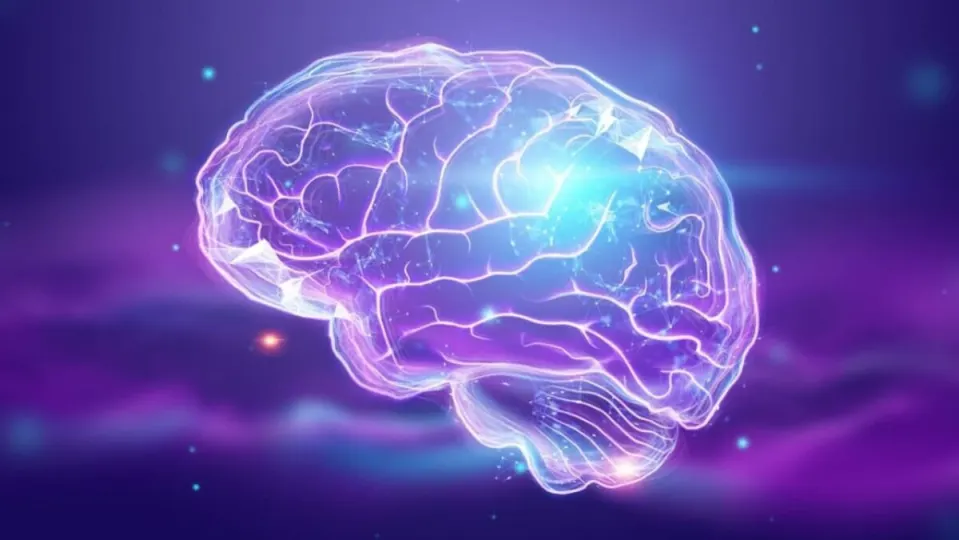While Elon Musk sells us the image that Neuralink and other neurotechnology are the future of humanity, the reality is that it raises many doubts and serious dangers. And this is not said by just anyone.
The UN discourages neurotechnology through unregulated artificial intelligence chip implants, as it poses a serious risk to individuals’ mental privacy.
According to the UN, unregulated neurotechnology could present harmful long-term risks, such as shaping the thinking of a young person or accessing private thoughts and emotions.
A report that is a mortal blow to this technology
The UN specified that their concern was focused on “unregulated neurotechnology” and did not mention Neuralink, which in May received FDA approval to conduct trials of brain implants with microchips in humans.
Elon Musk, co-founder of Neuralink, has made grand claims, such as chips curing people of lifelong health problems, enabling the blind to see, and allowing the paralyzed to walk again.
But the implications of people using unregulated forms of this technology could have disastrous consequences by accessing the thoughts of those who use it, the UN states in a press release.
“The neurotechnology could help solve many health problems, but it could also access people’s brains and manipulate them, producing information about our identities and emotions,” stated UNESCO Director-General Audrey Azoulay in the statement.
“It could threaten our rights to human dignity, freedom of thought, and privacy. It is urgent to establish a common ethical framework on an international scale, as UNESCO has done with artificial intelligence,” she concluded.
The UN’s Agency for Science and Culture is developing a global “ethical framework” focused on how neurotechnology impacts human rights as it rapidly advances in the public sector.
The main concern is that neurotechnology could capture people’s basic reactions and emotions, which is highly enticing for data-hungry companies.

The problem becomes more complex when “neuronal data is generated unconsciously,” which means the individual has not given consent for that information to be collected.
“If sensitive data is extracted and falls into the wrong hands, the individual may suffer harmful consequences,” UNESCO states in its statement.
If brain chips are implanted in children while they are still neurologically developing, it could alter the way their brain matures, allowing for the transformation of their minds and shaping their future identity permanently.
According to UNESCO, one in eight people worldwide suffers from a mental or neurological disorder, and the World Health Organization (WHO) estimates it affects up to one billion people globally.
Among the neurological disorders are epilepsy, Alzheimer’s disease, strokes, brain infections, multiple sclerosis, and Parkinson’s disease.
In another press release, UNESCO states that the use of neurotechnology to transmit information to computers could expose implant wearers to manipulation and compromise their privacy.
And it added: “Without ethical safeguards, these technologies can pose serious risks, as brain information can be accessed and manipulated, threatening fundamental rights and freedoms, which are essential to the notion of human identity, freedom of thought, privacy, and memory.”
Some of the links added in the article are part of affiliate campaigns and may represent benefits for Softonic.


